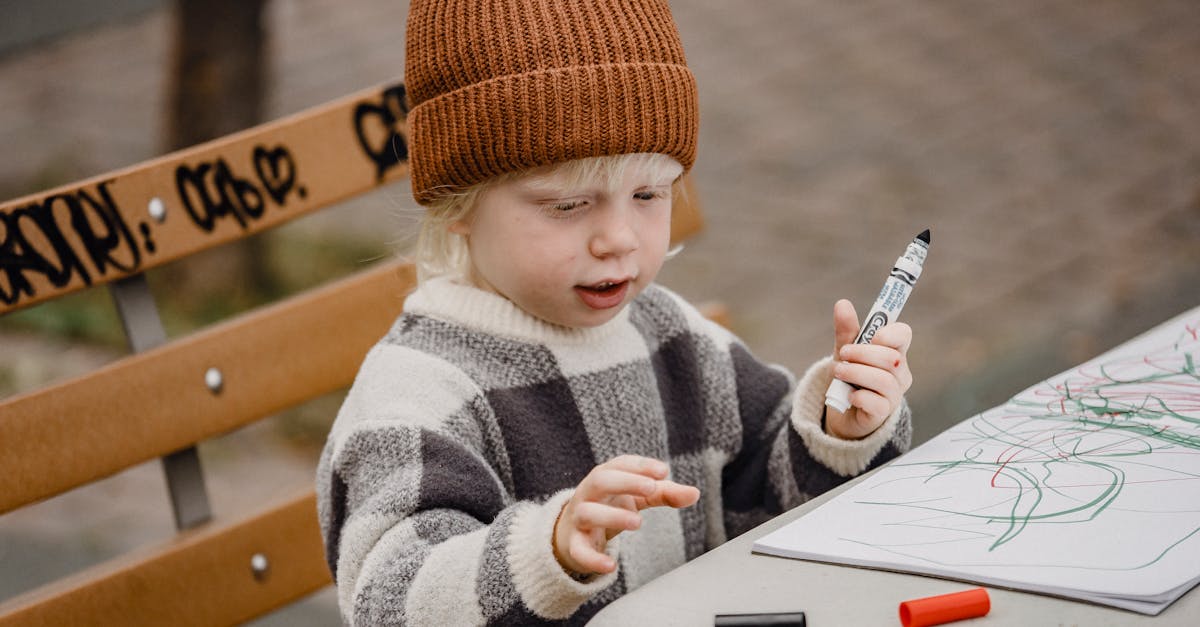Understanding Personal Space
Teaching preschoolers about personal space is essential. Imagine trying to explain it using a bubble! Tell them everyone has a bubble around them that needs to be respected. You could even make a game out of it. For instance, play ‘bubble freeze’ where if someone gets too close, both must freeze like statues. This helps kids visualize and respect personal boundaries in simple, playful ways.

Using Bible Stories
Bible stories provide incredible resources for teaching boundaries. Take the story of Samuel and Eli, for example. Samuel learned to listen and respect Eli’s boundaries, following God’s command. When telling these stories, emphasize the importance of respecting boundaries as part of loving one another. This way, kids see that respecting personal space is a way of showing Christian love and obedience.

Emotional Challenges for Kids
Understanding and communicating boundaries can be emotionally challenging for preschoolers. They might feel upset when told ‘no’ or confused when another child says ‘stop.’ It’s vital to validate these feelings by acknowledging their emotions. Say things like, ‘I know it’s hard when someone doesn’t want to play,’ which helps them feel understood while learning the importance of boundaries.

Helping children navigate these emotional challenges is essential for their social and emotional development. By providing a safe space to express their feelings and teaching them how to respect others’ boundaries, we equip them with valuable skills for their future interactions.
Setting Realistic Rules
Setting realistic rules is key to teaching personal boundaries. Avoid making too many rules that overwhelm your child. Instead, focus on simple, clear guidelines like ‘Ask before hugging’ or ‘Use words to express feelings.’ Consistently follow these rules yourself to set a good example. When rules are straightforward and consistently enforced, kids understand and respect them better.

Using Gentle Reminders
Gentle reminders work wonders in teaching and reinforcing boundaries. If your child forgets to respect someone’s space, gently remind them with phrases like, ‘Remember the bubble game?’ or ‘What did we learn from Samuel and Eli?’ Use a calm tone to correct, avoiding any negative consequences that might make them anxious about boundaries. Gentle, frequent reminders help solidify their understanding.

Encouraging Open Communication
Encouraging open communication helps children express their boundaries. Prompt your child with questions like, ‘How did that make you feel?‘ This teaches them to articulate their emotions and boundaries clearly. Open dialogues also foster trust and understanding, ensuring your child feels safe to discuss their feelings with you. Encouraging this openness is vital for their emotional growth and boundary-setting skills.
 Note: Image source – Pexels
Note: Image source – Pexels
